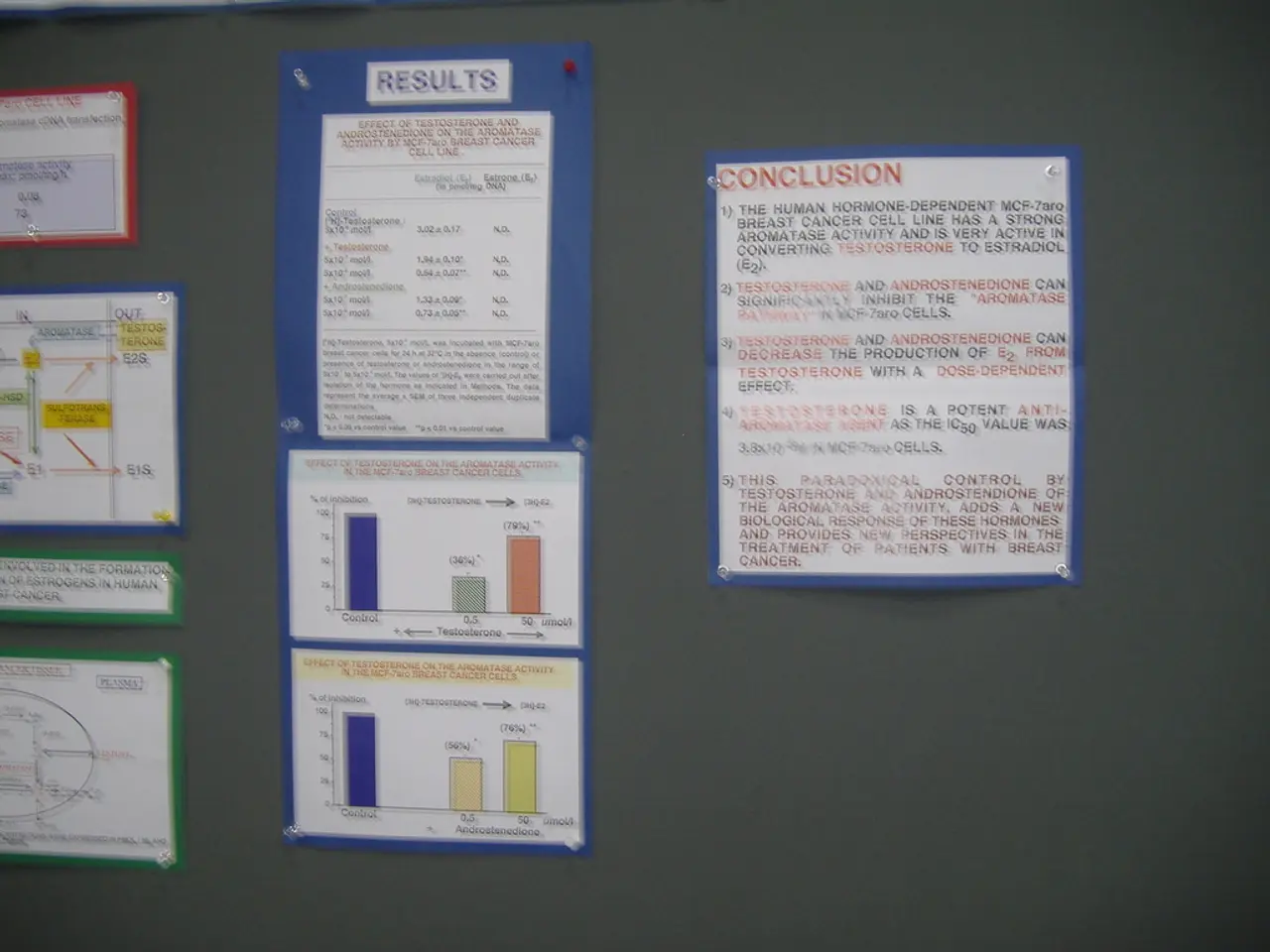Ghana's legislative body approves the elimination of the contentious Electronic Transaction Levy
In a significant move, Ghana's Parliament has voted to repeal the Electronic Transfer Levy (E-Levy), a 1.5% tax on electronic transactions. The decision comes amidst widespread opposition and contention since its introduction in 2022.
The E-Levy, instituted by the previous New Patriotic Party (NPP) administration, has been a point of contention due to concerns that it disproportionately affected low-income earners and the unbanked population. The repeal, if enacted, would end this tax on electronic transactions, potentially alleviating the burden on these groups.
The administration has expressed confidence that the necessary legislative processes will be completed promptly, with the repeal bill awaiting President John Mahama's assent to become law. The expected timeline for the implementation of the E-Levy repeal is by the end of March 2025.
The repeal could be part of political campaign promises made by the government, similar to the repeal of other taxes like the carbon emission levy, which was also part of a campaign pledge. President Mahama highlighted the repeal of the E-Levy as a "game-changer for growth and financial inclusion," suggesting that removing this levy could enhance these economic objectives.
Financial inclusion and growth are crucial aspects of Ghana's economy, and the E-Levy has been seen as a barrier to these objectives. The E-Levy taxed electronic transactions, including mobile money transfers, bank transfers, and online payments, which are essential for the financial inclusion of many Ghanaians, particularly those in rural areas.
The repeal of the E-Levy is a significant step towards addressing public and political opposition to the tax. The opposition contended that the E-Levy was an additional financial burden, and its repeal could help reduce public dissatisfaction with taxation.
Ghana's 2025 fiscal reforms, including the VAT reform, aim to address tax neutrality concerns and simplify the tax system. The E-Levy repeal might fit within these broader reforms aimed at improving the economic environment. However, the specific reasons for the E-Levy repeal might not be fully detailed in the available information.
The repeal of the E-Levy could affect the government's revenue generation for infrastructural development. Proponents of the E-Levy argued that it would generate essential revenue for these projects. However, the repeal could potentially open up alternative revenue streams or a re-evaluation of the government's spending priorities.
As the E-Levy repeal awaits President Mahama's assent, Ghanaians eagerly await the end of this controversial tax. The repeal, if enacted, could mark a significant milestone in Ghana's fiscal policies and economic development.
Read also:
- Discussion between Putin and Trump in Alaska could potentially overshadow Ukraine's concerns
- Court petitions to reverse established decision on same-sex marriage legalization
- Independence supporters in New Caledonia refuse agreement offering authority without a vote on sovereignty
- Proposed Standardization of Food Labeling Laws Among Member States by the Commission








